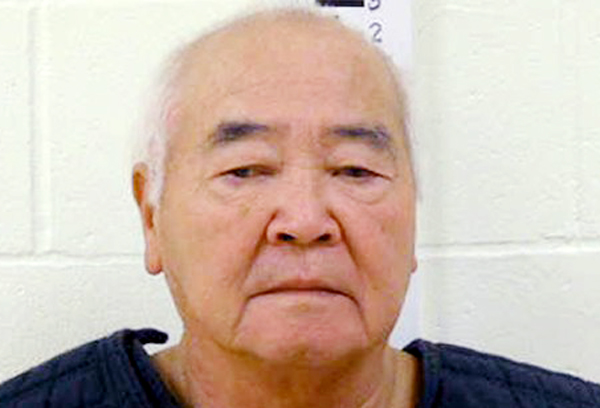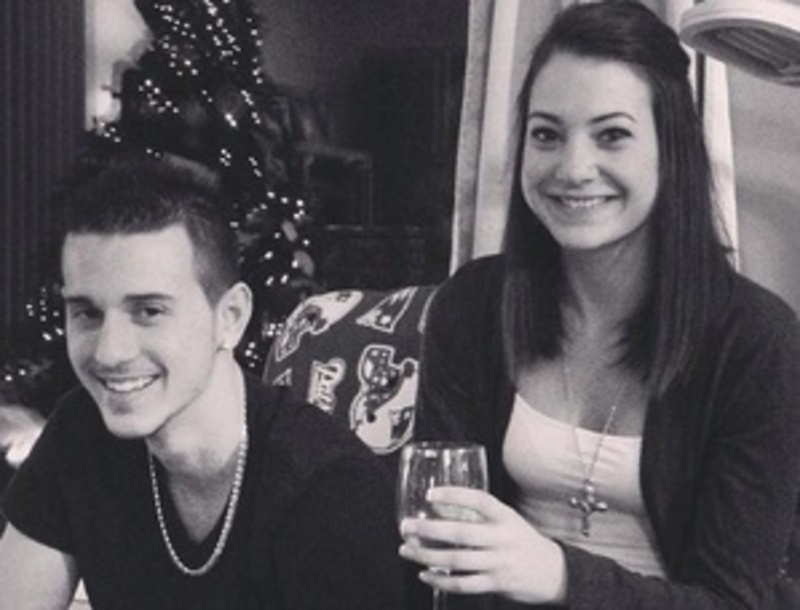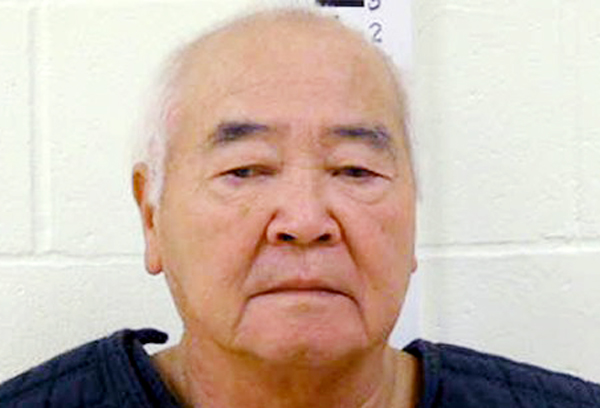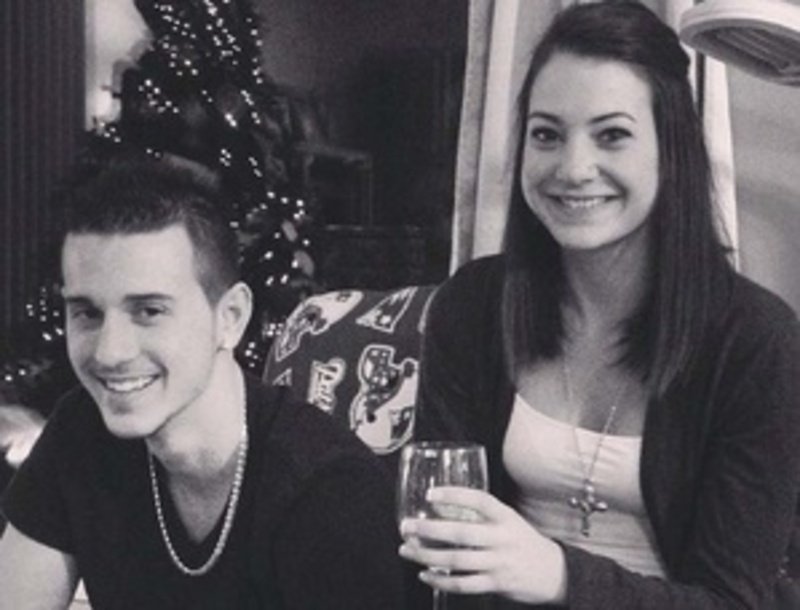Transcripts of 911 calls and a victim’s account of the shooting of three people last year in Biddeford raise questions about how much of a threat James Pak appeared to be when police responded to his tenant’s report that Pak had made death threats, and about officers’ decision to consider the confrontation a civil matter and leave just minutes before the shooting.
Police have not described Pak’s demeanor on the night of Dec. 29 or exactly what he said to officers who responded to Derrick Thompson’s 911 call.
About 40 minutes after Thompson called police – and three minutes after officers left his apartment – Pak allegedly shot and killed Thompson, 19, and his girlfriend, Alivia Welch, 18, and seriously wounded Thompson’s mother, Susan Johnson, 44.
On a 911 call right after the shooting, Pak apparently was agitated, telling an emergency dispatcher, “I told him that I gonna kill you. And the police say, no (inaudible) way,” according to a transcript released Tuesday by the Maine Attorney General’s Office.
Later, he said, “I say, when you come, it’s gonna be bloody mess.”
Pak, an immigrant from Korea, speaks broken English and it’s not clear who he was referring to.
On Wednesday, Biddeford Deputy Police Chief JoAnne Fisk would not discuss the officers’ interaction with Pak when they first went to his house and the adjoining apartment, what he said to them, whether the officers knew he had guns or if they asked him about his guns. She referred questions to the state Attorney General’s Office, which is in charge of the homicide investigation.
Thompson initially called police to say that Pak was making “death threats” and had pointed his fingers at Thompson in the shape of a gun.
Police have said they determined that the dispute between Pak and Thompson was a civil matter, not criminal. Thompson told officers that he did not feel threatened, meaning Pak could not be charged with criminal threatening, according to court records. And because no threat was made in an officer’s presence, they would not have been able to arrest him on the misdemeanor charge of criminal threatening.
Deputy Attorney General William Stokes would not comment Wednesday on the transcripts or evidence in the case. He said his office is focused on the homicide case and is not involved in other aspects of the police response.
In court documents associated with a lawsuit that Johnson filed against Pak and his wife, she recounted what police told her after they spoke with Pak before the shootings.
According to the lawsuit, the officers asked Thompson if he felt threatened by Pak, and Thompson said he did not. “Defendant Pak stands about five feet, four inches tall, and Derrick was approximately eight inches taller,” the lawsuit says.
Johnson then asked the officers how Pak acted when they spoke with him.
“ ‘Anything but normal,’ one of the officers responded,” according to the lawsuit.
Pak has pleaded not guilty to two charges of murder and one charge of attempted murder. He has been held in the York County Jail since the shootings. He is scheduled to have more psychological tests before his case proceeds.
Police went to the apartment about 6 p.m. on Dec. 29 after Thompson called 911 and told a dispatcher that Pak had made “death threats.”
Two officers responded and discussed the incident with Thompson and the other tenants. They then talked to Pak and concluded that it was a dispute over rent and parking after a snowstorm.
The transcripts of 911 calls made before and after the shootings were released in response to a ruling by Maine’s highest court in a lawsuit filed by the Portland Press Herald.
Police and prosecutors initially denied the newspaper’s Freedom of Access request for transcripts of the 911 calls. The newspaper’s appeal ultimately reached the Maine Supreme Judicial Court, which ruled Nov. 14 that the transcripts are public records. The Attorney General’s Office released the transcripts Tuesday.
The court’s unanimous decision rejected the state’s longstanding practice of withholding 911 transcripts in homicide cases and overturned a ruling by a Superior Court judge in March that releasing the transcripts of three 911 calls in the incident could interfere with the state’s case against Pak.
The transcripts include the call by Thompson, a call made by Johnson after she was shot in the back, and a call by Pak’s wife, Armit Pak, after the shootings.
When Johnson told the dispatcher that Pak had shot her, the dispatcher said into a radio to somebody else, “That male that Brian was supposed to call is the suspect.”
That was an apparent reference to Sgt. Brian Mills, the supervisor who was working that night. But it’s not clear what the purpose of the call was or when it was supposed to have been made.
Pak’s statements, in the transcript of the 911 call that his wife made right after the shootings, indicate that he was agitated.
In her call, Armit Pak told police that her husband was walking around the house with a gun. With the dispatcher’s encouragement, she tried repeatedly to get her husband to put the gun down so police wouldn’t shoot him.
According to the transcript, James Pak said that he wouldn’t shoot police but refused to put down the gun. Several times, he threatened to shoot himself.
“Because I’m already dead with the three. They’re (inaudible). Nobody listen. And I’ve been warning and warning,” he said. It’s not clear who he said he had warned.
His wife then said, “Will you stop drinking the beer.”
Hours after the shooting, Pak’s blood-alcohol content was found to be twice the legal limit to drive. Police have not said whether they think he was drinking before the shootings.
According to the transcript, his wife handed the phone to him and he described a verbal dispute with “that kid,” presumably Thompson, then said, “Cop knows. I told him about what he did to me.”
Later, in an apparent reference to that dispute, he said, “I say I wish (inaudible) police say you not use that language, you can say (inaudible) … After a while I can’t take any more.”
Later, he said, in apparent reference to disputes over parking spaces and Welch staying at the apartment, “I kill them innocent people, okay … other girl livin’ here two months … I told ‘em their car got a move out.”
Pak, an orphan of the Korean War who emigrated to the United States and started his own business, alluded to that background during the call, saying, “You know I come from Korean War, I seen enough of bloody mess and now come here.”
Pak’s attorney, Joel Vincent, would not comment on the transcripts. He said the next stage in his client’s case is a more extensive psychological evaluation. He expects that such a request will be submitted to York County Superior Court next week.
David Hench can be contacted at 791-6327 or at:
dhench@pressherald.com
Send questions/comments to the editors.






Success. Please wait for the page to reload. If the page does not reload within 5 seconds, please refresh the page.
Enter your email and password to access comments.
Hi, to comment on stories you must . This profile is in addition to your subscription and website login.
Already have a commenting profile? .
Invalid username/password.
Please check your email to confirm and complete your registration.
Only subscribers are eligible to post comments. Please subscribe or login first for digital access. Here’s why.
Use the form below to reset your password. When you've submitted your account email, we will send an email with a reset code.